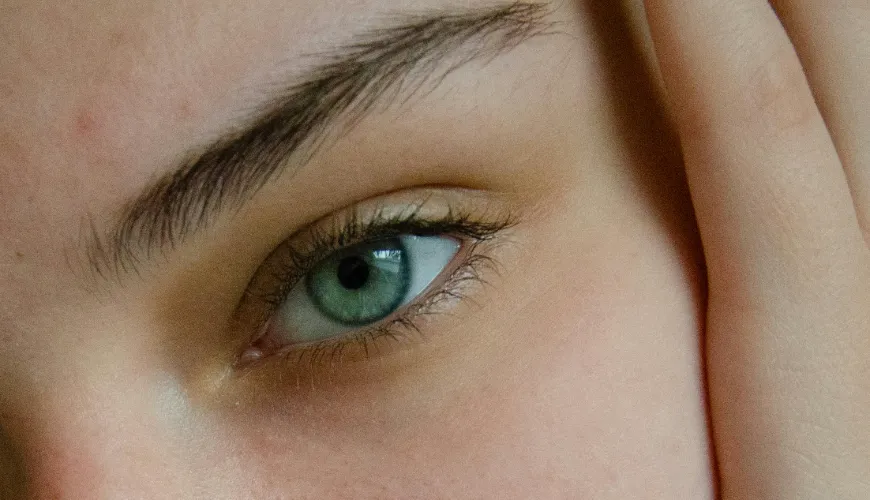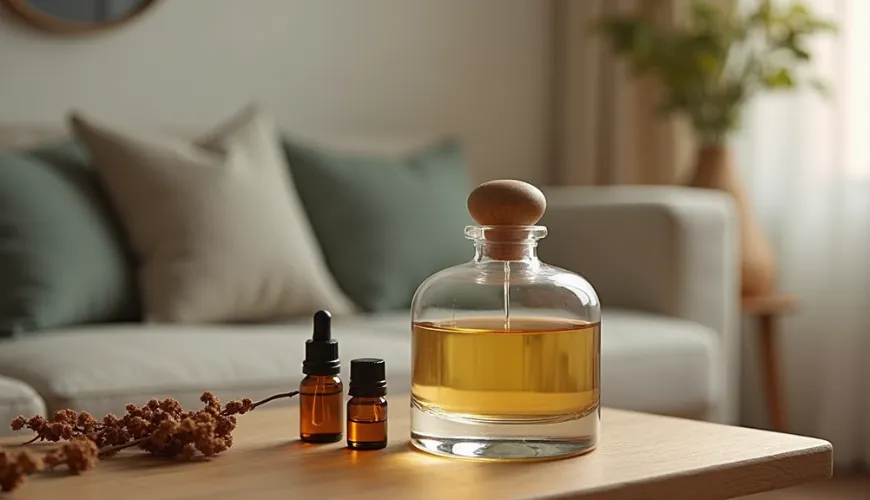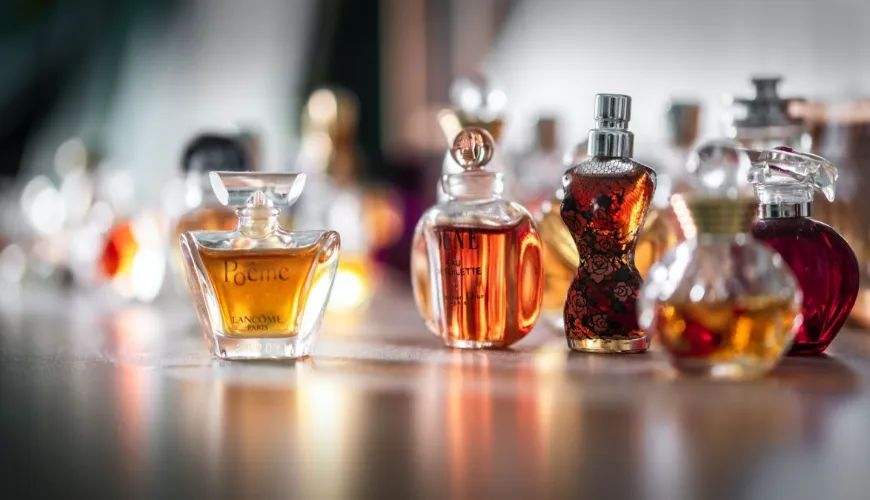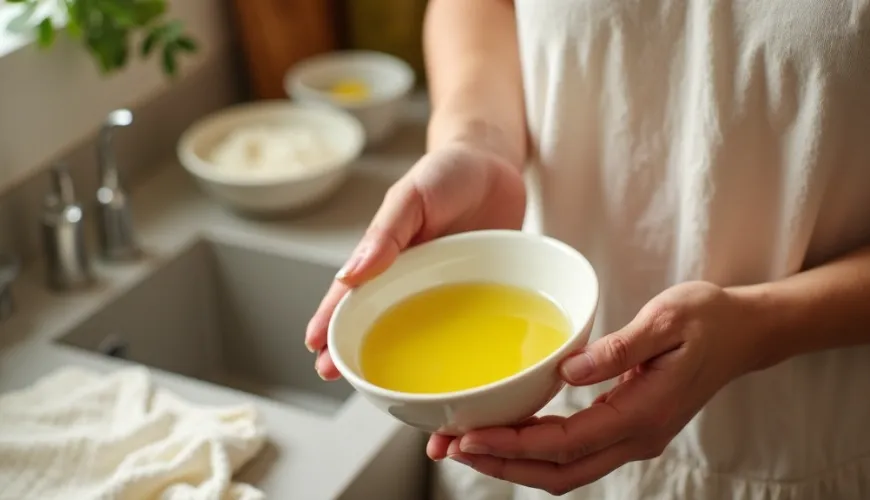
Find out what eau de parfum is and why we love it

What Does Eau de Parfum Really Mean and How to Understand It?
When someone mentions perfume, few immediately realize that not all fragrances are created equal. In the shelves of perfumeries and online shops, you will find various labels like eau de toilette, eau de parfum, or simply perfume. And it is precisely eau de parfum, or perfume water, that often raises questions: What exactly does this label mean? How does it differ from other types of fragrances? And why does it cost more than a regular eau de toilette? Answers to these questions are crucial not only for those looking for their new favorite scent but also for anyone who cares about what they wear on their skin.
The Difference Between Perfume, Eau de Parfum, and Eau de Toilette
The fundamental difference between the various types of perfumes lies in their concentration of fragrance oils. Eau de parfum contains 13–20% essential oils, placing it among stronger and longer-lasting fragrances. For comparison:
- Eau de toilette typically has a concentration of 5–12%
- Perfume (extrait de parfum) can contain 20–30% fragrance component
- Cologne is the weakest, with a concentration around 2–5%
This means that eau de parfum is a golden mean – more intense than eau de toilette, yet not as heavy and expensive as pure perfume. This makes it a very popular choice for everyday wear.
A practical example is the well-known scent La Vie Est Belle by Lancôme – while the "Eau de Toilette" version is lighter and more suitable for summer, the "Eau de Parfum" offers a deeper, sweeter, and more lasting effect that can last all day.
How is Eau de Parfum Made?
The process of creating eau de parfum is both an art and a science. Fragrance creators, known as perfumers, combine natural and synthetic fragrance ingredients to create a harmony of notes – called the head, heart, and base of the fragrance. The main ingredients are then dissolved in alcohol and water, resulting in the final product with the specified concentration.
What makes eau de parfum unique is its balance between intensity and wearability. It does not overwhelm the nose like pure perfume, yet it remains noticeable on the skin longer than eau de toilette. For many, it is the ideal compromise between quality and price.
Additionally, due to the higher concentration of fragrance oils, a bottle of eau de parfum is more potent. Just one or two sprays are enough, and the scent develops over time, changing its nature depending on body temperature and skin type.
Why Does It Matter What We Use?
Choosing a perfume is often seen as a matter of personal taste – and rightly so. Scent can strongly influence our emotions, memories, and how others perceive us. But few consider what perfume actually contains and its impact on our bodies and the environment.
Traditional eau de parfums often contain synthetic solvents, preservatives, and fixatives that can be irritating, especially for sensitive skin. Some of these substances – like phthalates or synthetic musk – decompose very slowly in nature and can accumulate in organisms.
Fortunately, more and more brands are turning to natural and non-toxic alternatives that respect both human health and the planet. The market is seeing an increase in organic eau de parfums that do not contain harmful chemicals, use natural essential oils, and are often packaged in recyclable or refillable bottles.
Eau de Parfum and Ethics
Nowadays, people are looking not just for a beautiful scent but also its story. Where and how was it made? Does it contain animal ingredients? Does the brand have transparent ingredients? Is the fragrance tested on animals?
More and more people are thinking about what they are actually spraying on their skin – they want a perfume that is not tested on animals, does not contain animal ingredients like ambergris or musk, is made from sustainable materials, and is packaged in a way that does not unnecessarily burden the planet.
For example, the French brand 100BON produces 100% natural fragrances with vegan and cruelty-free certification. Their eau de parfum is not just a beautiful scent but also proof that ethics and aesthetics can go hand in hand.
Similarly, the Czech brand Tierra Verde, known for its ecological cleaning products, offers natural aromatherapeutic scents in the form of eau de parfums that use the power of essential oils without unnecessary chemicals.
How to Choose the Right One?
Choosing the right eau de parfum depends not only on skin type but also on personality, season, and even time of day. A light floral scent might suit a spring morning, while an oriental eau de parfum full of vanilla and amber will stand out more in a cool evening.
A practical approach is to always test the perfume on the skin and observe how it develops over several hours. The first impression can be deceiving – while the head of the fragrance (the first few minutes) is often fresh and citrusy, the heart and base (which reveal themselves later) can be woody, spicy, or sweet.
As perfumer Patricia de Nicolaï says: "A fragrance is like music – it is not enough to hear the first note, you must wait for the entire composition."
Eau de Parfum for Sensitive Noses? It's Possible Without Chemicals
For people with sensitive noses or allergies, choosing a perfume can be more challenging. Synthetic fragrance ingredients often irritate or cause headaches. The solution can be eau de parfums based on essential oils, which are gentler and more natural.
Natural eau de parfums often offer an experience that goes deeper than just "smelling nice". Thanks to their aromatherapeutic effects, these scents can have calming, invigorating, or harmonizing effects.
For example, a combination of lavender, bergamot, and cedarwood can induce a state of relaxation, while a blend of citrus and mint provides energy and refreshes the mind – ideal during a demanding workday.
Personal Fragrance and Minimalism
In recent years, an interesting shift can be observed – people are increasingly seeking one personal scent that defines them, rather than switching between dozens of perfumes according to mood. This trend is also supported by the growing interest in low-intervention cosmetics, zero-waste lifestyle, and slow beauty.
Eau de parfum is ideally suited to this concept – thanks to its longevity, it does not need to be reapplied throughout the day, and a well-chosen scent can last an entire bottle much longer than cheaper alternatives.
Moreover, many brands now offer the possibility to refill the bottle, reducing waste. An elegant glass bottle thus becomes not only an aesthetic addition to the bathroom but also a symbol of responsible approach.
Scent is a personal matter, but it also has the power to affect our surroundings and the planet. And eau de parfum – with its balanced intensity, longevity, and composition – can be the ideal choice for those who want to smell good but not at any cost.

